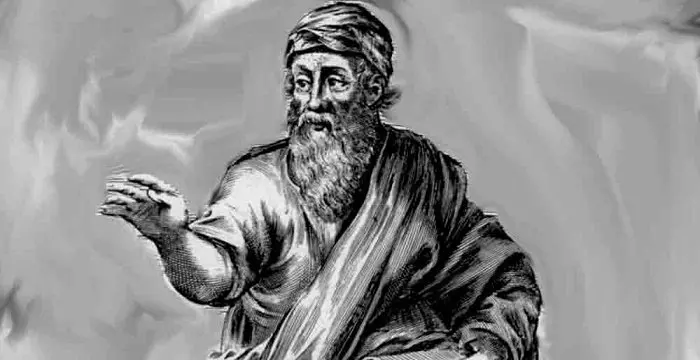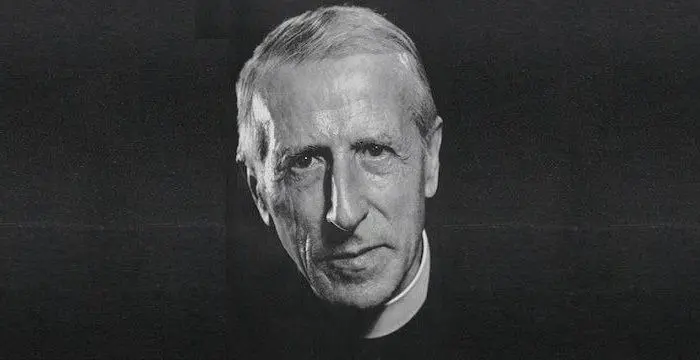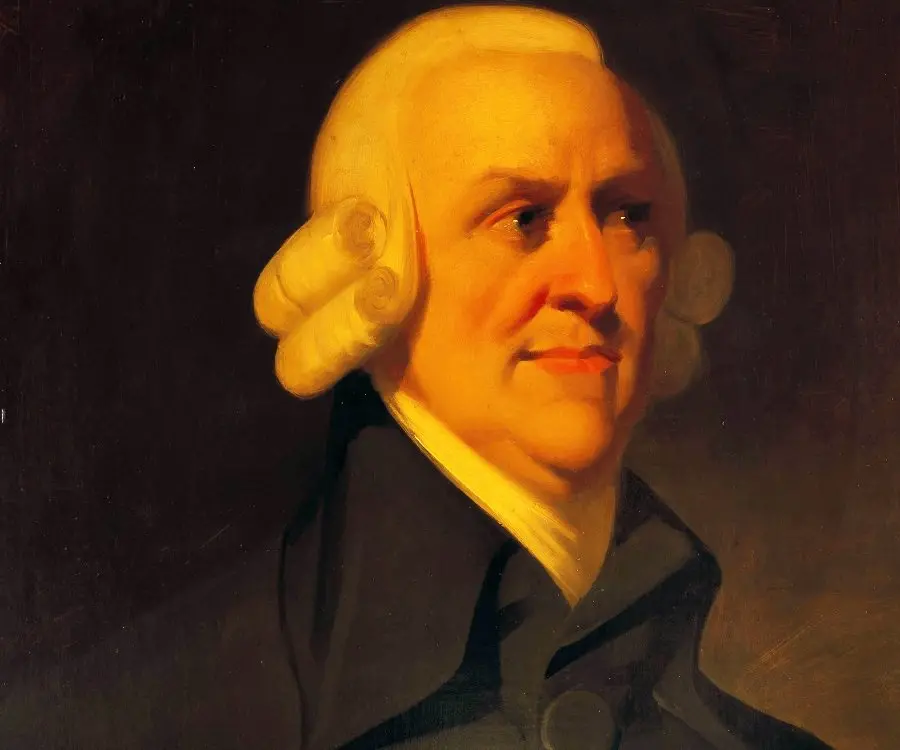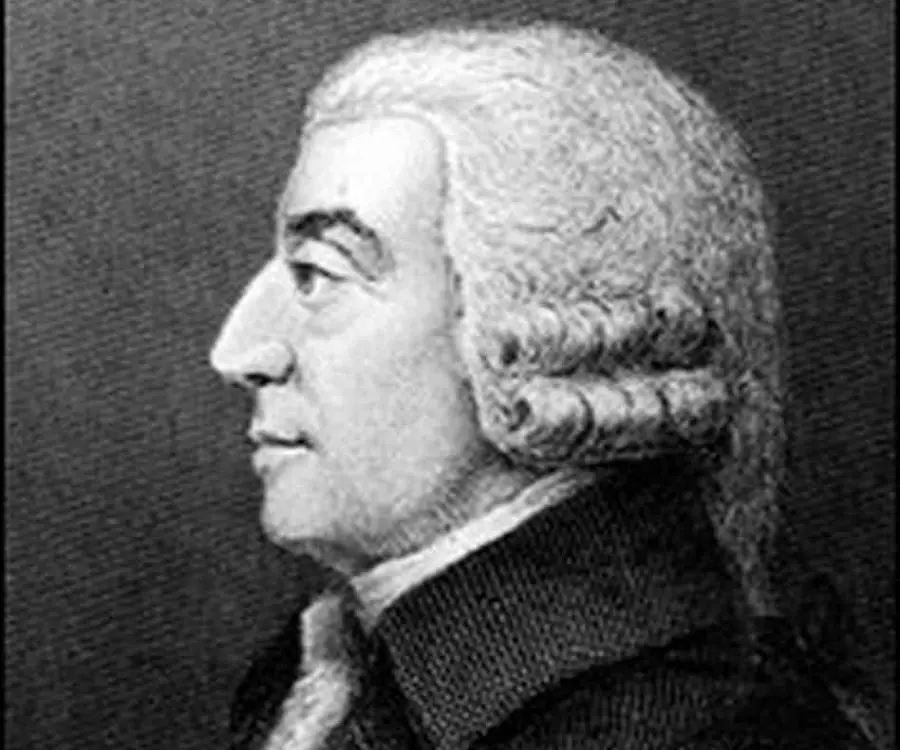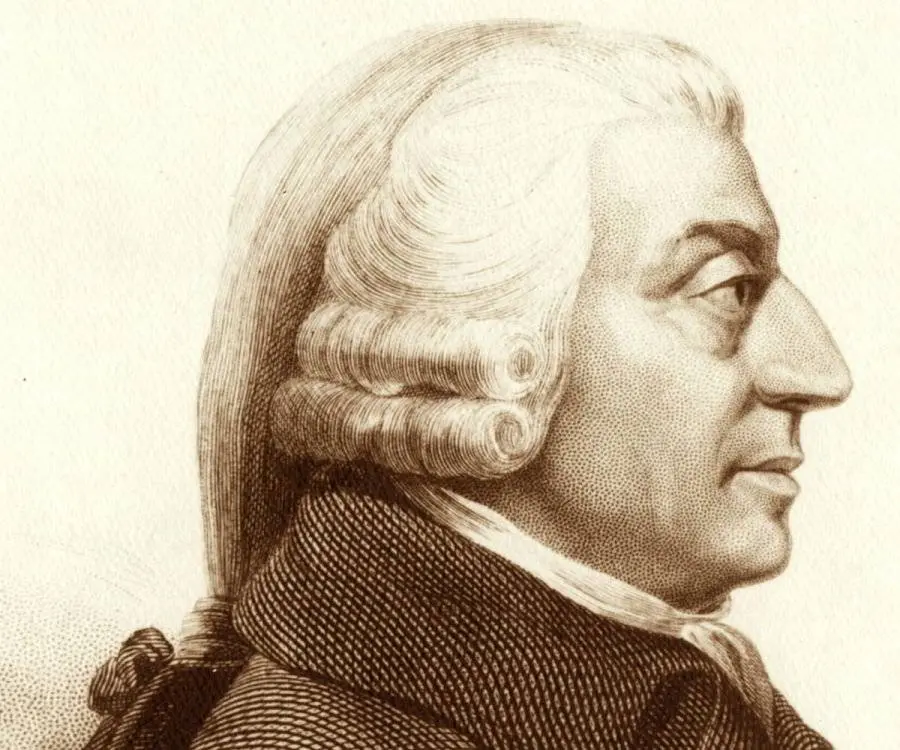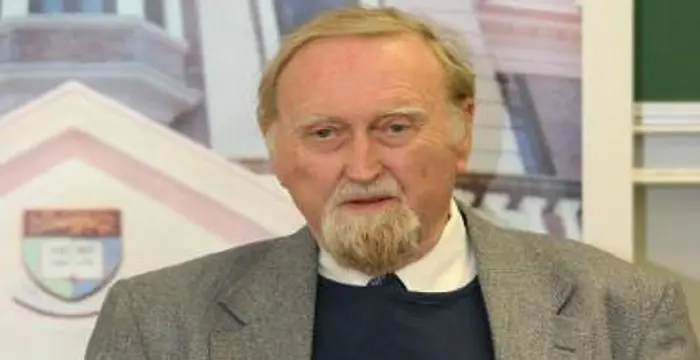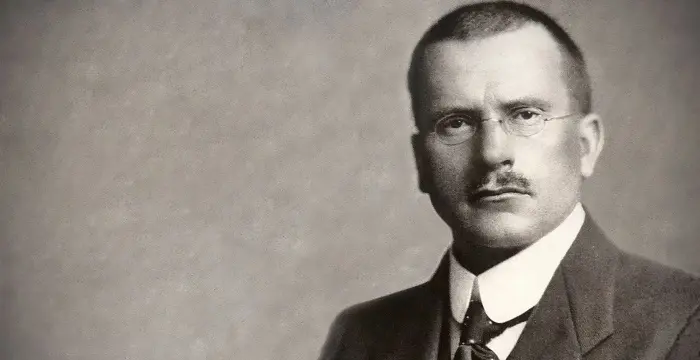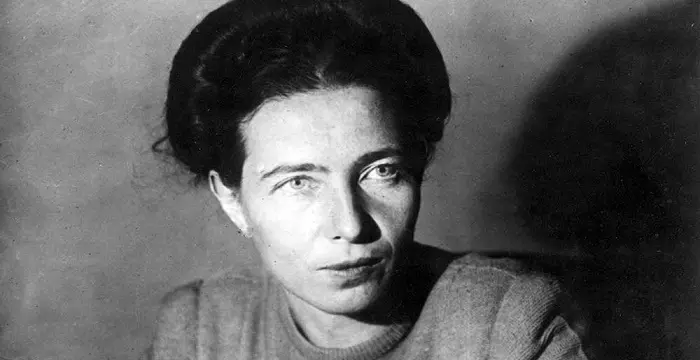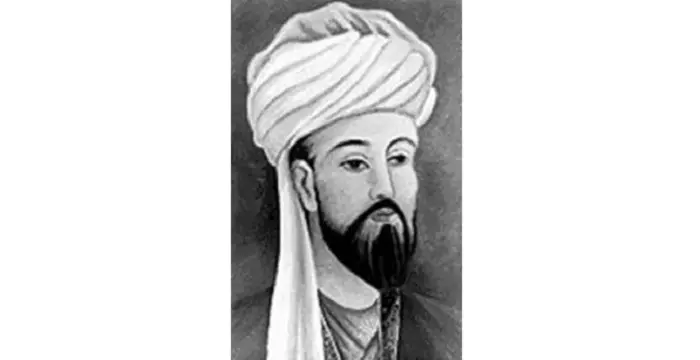
Adam Smith - Philosophers, Family and Family
Adam Smith's Personal Details
Adam Smith was a Scottish Philosopher and Political Economist
| Information | Detail |
|---|---|
| Birthday | June 16, 1723 |
| Died on | July 17, 1790 |
| Nationality | Scottish |
| Famous | Fordham University, University Of Edinburgh, Intellectuals & Academics, Philosophers, Economists, INTP, Economists, Philosophers |
| Universities |
|
| Notable Alumnis |
|
| Founder / Co-Founder |
|
| Birth Place | Kirkcaldy, Scotland |
| Gender | Male |
| Father | Adam Smith |
| Mother | Margaret Douglas |
| Sun Sign | Gemini |
| Born in | Kirkcaldy, Scotland |
| Famous as | Economist and Philosopher |
| Died at Age | 67 |
// Famous Philosophers
Roland Barthes
Roland Barthes was a French literary theorist, critic and semiotician. This biography profiles his childhood, life, works, achievements and timeline.
Pythagoras
Pythagoras of Samos was a Greek mathematician and philosopher. Read on to learn more about Pythagoras’s profile, childhood, life and timeline.
Pierre Teilhard de Chardin
Pierre Teilhard de Chardin was a famous French philosopher and a priest who was also known for his controversial writings. Read more about the life and works of this philosopher in the following article.
Adam Smith's photo
Who is Adam Smith?
Adam Smith was a pioneer of political economy and a thinker of modern economics. Due to his extensive work in economics and for being the most influential thinkers in modern economics, Smith was accorded the title of ‘Father of Modern Economics’. He is mostly known for his book on ‘The Wealth of Nations’ which has become the Bible of Capitalism. Although he was born in a small village, his oratory and writing skills were instantly recognised by his mother early on and she took every step to ensure he was given the best education possible. His mother became the most influential person in his life. Smith’s behavioural traits and demeanour was quite unusual. He was one of the most eccentric and outlandish personalities ever. He has been caught doing the most bizarre, weird and uncanny things possible like making a weird concoction of bread butter and tea and drinking them all up. In another instance, he went on an aimless walk in his nightgown for about 15 miles before some church bells brought him back to reality. Smith is also known for his benevolence and generous traits. During one instance when he resigned from teaching abruptly he was generous enough to return the fees to his students. However, his students refused to take it. This and more made Smith a very interesting personality.
// Famous Economists
Joseph E. Stiglitz
Joseph E. Stiglitz is a Nobel Prize winning American economist. Check out this biography to know about his childhood, family life, achievements and other facts related to his life.
Sir Clive William John Granger
Clive. W.J. Granger is a Nobel Prize winning economist and a trendsetter in economic science. With this biography, explore all about Clive Granger’s profile and life.
Alan Greenspan
Alan Greenspan is an influential American economist. This biography gives detailed information about his childhood, career and timeline.
Childhood & Early Life
Smith was born in Kirkcaldy, Scotland. His namesake father was by profession an advocate, solicitor and prosecutor. He also served as a Comptroller for a brief period. Unfortunately, Smith lost his dad two months after his birth.
Loss of his father brought Smith very close to his mother Margaret Douglas, who was the daughter of the landed Robert Douglas of Strathedry.
Smith’s birth date is often taken as the day on which he was baptized. The reason behind this is not very clear. It is also believed that he was abducted by some gypsies when he was a kid and later released.
Smith’s mother had a great influence on his education. He went to the best schools of Scotland –Burgh School of Kirkcaldy where he learnt writing, mathematics and history.
He later studied Philosophy from University of Glasgow when he turned fourteen. It was here Smith got to hone his skills in free speech. He also attended Balliol College at Oxford to study European literature. At Oxford he became the first student to benefit from the scholarship offered by fellow Scot, John Snell.
Career
Soon after Smith finished graduation, a series of Public Lectures delivered by him at Edinburgh led him to collaborate with philosopher David Hume during the Scottish Enlightenment in 1750. Smith shared a very close intellectual bond with Hume and they wrote on politics, history, religion and economics.
Smith became a Professor of Moral Philosophy at Glasgow in 1751. He wrote his Classic ‘Theory of Moral Sentiments’ around this time.
He was elected as a member of Philosophical Society of Edinburgh in 1752. Smith spent the next thirteen years as an academic which he recalled as his best years.
In 1763, Smith resigned from his professorship to tutor Henry Scott’s step son. Henry Scott was introduced to Smith through David Hume.
He was elected fellow of the Royal Society of London and was elected as a member of the Literary Club in 1775. The ‘Wealth of Nations’ was published the next year and it became an instant success.
In 1788, Smith returned to France where his mother was living and he was appointed as Commissioner of Customs.
Between 1787 and 1789, he was given the position of Lord Rector of the University of Glasgow.
Major Works
During Smith’s Professorship at Glasgow, he wrote and published one of his Classics ‘The Theory of Moral Sentiments’. He wrote this in 1759. The book laid emphasis on how mutual sympathy was the basis of moral sentiments.
His best-seller ‘The ‘Wealth of Nations’ which was published in 1776 was a powerful and very influential book. This book central theme lay on the role of self-interest.
Awards & Achievements
Smith was conferred with the title of ‘Father of Modern Economics’
His magnum opus ‘An Inquiry into the Nature and Causes of the Wealth of Nations’, more popularly known as the ‘The Wealth of Nations’ was named among the 100 Best Scottish Books of all time. The book came to be known as the first modern work of economics. This book has had its influence on many a people including Former U.K. Prime Minister, Margaret Thatcher who is known to carry this in her hand bag all the time.
Personal Life & Legacy
Smith never married in his life. He was very close to his mother. His mother died six years before his own death.
Smith died after a painful illness and was buried in Canongate Kirkyard.
On his death bed, he was believed to have regretted that he had not achieved enough. As a last wish he wanted his personal papers to be destroyed after his death.
Trivia
Smith was believed to have a habit of talking to himself, a habit he picked up in his childhood. And on several occasions he was caught smiling at invisible companions.
He also used to imagine that he was unwell, although he was medically completely fit. He experienced bouts of imaginary illness.
// Famous Intellectuals & Academics
Bertil Gotthard Ohlin
Bertil Gotthard Ohlin was a famous Swedish economist. This biography profiles his childhood, family life & achievements.
Emily Greene Balch
Emily Greene Balch was an American economist, sociologist and pacifist who won the 1946 Nobel Peace Prize. This biography of Emily Greene Balch provides detailed information about her childhood, life, achievements, works & timeline.
Martin Buber
One of the greatest philosophers to have ever walked on earth, Martin Buber contributions to philosophy is a long-standing one. Explore all about his profile, childhood, life and timeline here.
Adam Smith biography timelines
- // 16th Jun 1723Smith was born in Kirkcaldy, Scotland. His namesake father was by profession an advocate, solicitor and prosecutor. He also served as a Comptroller for a brief period. Unfortunately, Smith lost his dad two months after his birth.
- // 1750Soon after Smith finished graduation, a series of Public Lectures delivered by him at Edinburgh led him to collaborate with philosopher David Hume during the Scottish Enlightenment in 1750. Smith shared a very close intellectual bond with Hume and they wrote on politics, history, religion and economics.
- // 1751Smith became a Professor of Moral Philosophy at Glasgow in 1751. He wrote his Classic ‘Theory of Moral Sentiments’ around this time.
- // 1752He was elected as a member of Philosophical Society of Edinburgh in 1752. Smith spent the next thirteen years as an academic which he recalled as his best years.
- // 1759During Smith’s Professorship at Glasgow, he wrote and published one of his Classics ‘The Theory of Moral Sentiments’. He wrote this in 1759. The book laid emphasis on how mutual sympathy was the basis of moral sentiments.
- // 1763In 1763, Smith resigned from his professorship to tutor Henry Scott’s step son. Henry Scott was introduced to Smith through David Hume.
- // 1775He was elected fellow of the Royal Society of London and was elected as a member of the Literary Club in 1775. The ‘Wealth of Nations’ was published the next year and it became an instant success.
- // 1776His best-seller ‘The ‘Wealth of Nations’ which was published in 1776 was a powerful and very influential book. This book central theme lay on the role of self-interest.
- // 1788In 1788, Smith returned to France where his mother was living and he was appointed as Commissioner of Customs.
- // 17th Jul 1790Smith died after a painful illness and was buried in Canongate Kirkyard.
// Famous Philosophers
Martin Buber
One of the greatest philosophers to have ever walked on earth, Martin Buber contributions to philosophy is a long-standing one. Explore all about his profile, childhood, life and timeline here.
Lao Tzu (Laozi)
Lao Tzu was a legendary Chinese philosopher who wrote the important “Daodejing”. This biography profiles his childhood, life, career, achievements and timeline.
Alan Watts
Alan Watts was a famous British philosopher known for his Zen teachings and interpretations of Eastern philosophy. Read more about this great philosopher in the following article.
Carl Jung
Carl Jung was a Swiss psychiatrist famous for founding the school of analytical psychology. This biography of Carl Jung provides detailed information about his childhood, life, achievements, works & timeline.
Simone de Beauvoir
Simone de Beauvoir was an eminent French writer, intellectual, activist, and philosopher. This biography profiles her childhood, life, thoughts, achievements and timeline.
Jabir Ibn Hayyan
Jabir Ibn Hayyan was a medieval era polymath. Check out this biography to know about his life, works and achievements.
Adam Smith's FAQ
What is Adam Smith birthday?
Adam Smith was born at 1723-06-16
When was Adam Smith died?
Adam Smith was died at 1790-07-17
Where was Adam Smith died?
Adam Smith was died in Edinburgh
Which age was Adam Smith died?
Adam Smith was died at age 67
Where is Adam Smith's birth place?
Adam Smith was born in Kirkcaldy, Scotland
What is Adam Smith nationalities?
Adam Smith's nationalities is Scottish
What was Adam Smith universities?
Adam Smith studied at Fordham University,University Of Edinburgh, Kirkcaldy High School (1729 – 1737), Balliol College, University of Glasgow, University of Edinburgh, University of Oxford
What was Adam Smith notable alumnis?
Adam Smith's notable alumnis is Fordham University, University Of Edinburgh
Which company or organization was founded by Adam Smith?
Adam Smith was the founder/co-founder of Royal Society of Edinburgh
Who is Adam Smith's father?
Adam Smith's father is Adam Smith
Who is Adam Smith's mother?
Adam Smith's mother is Margaret Douglas
What is Adam Smith's sun sign?
Adam Smith is Gemini
How famous is Adam Smith?
Adam Smith is famouse as Economist and Philosopher

